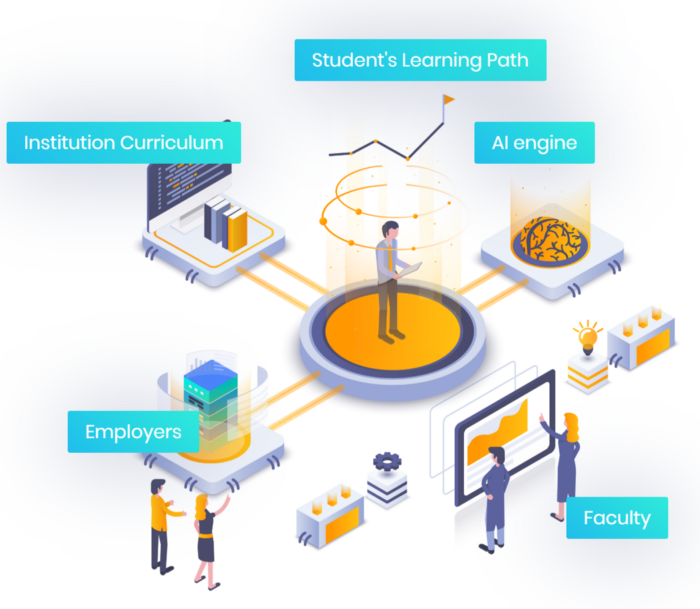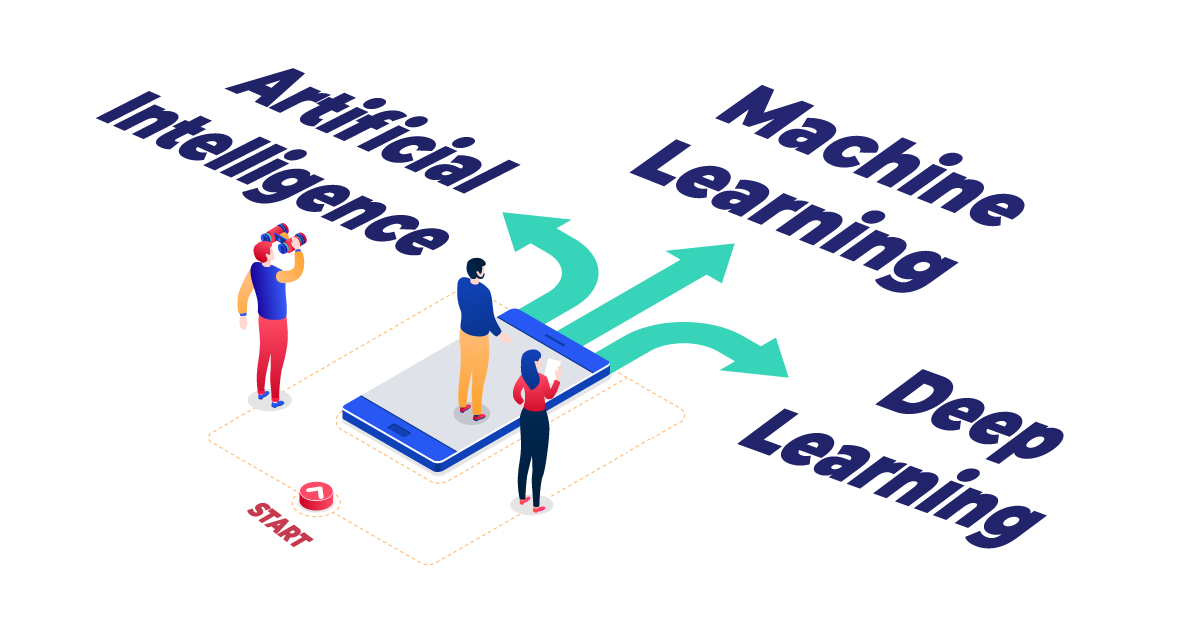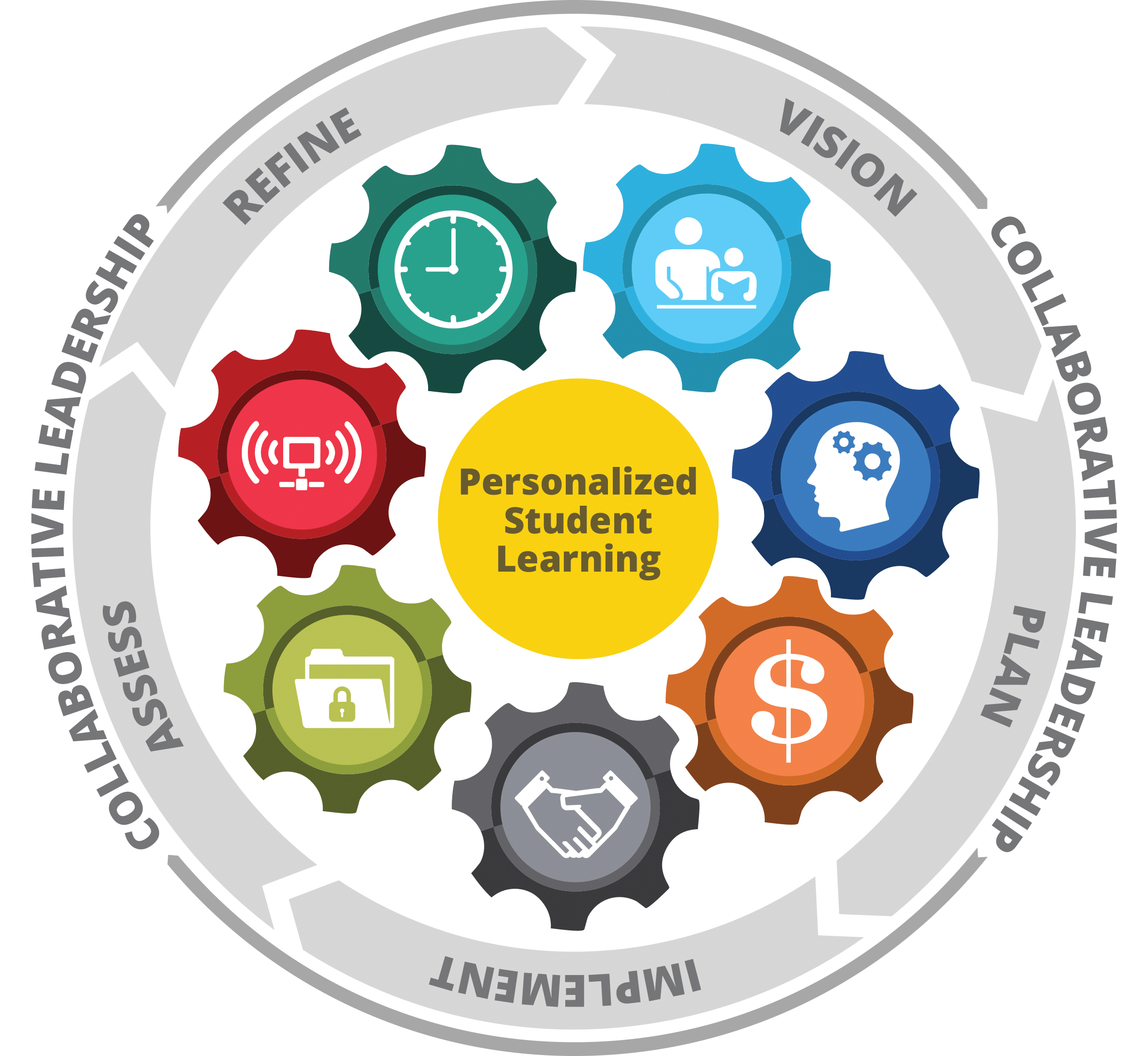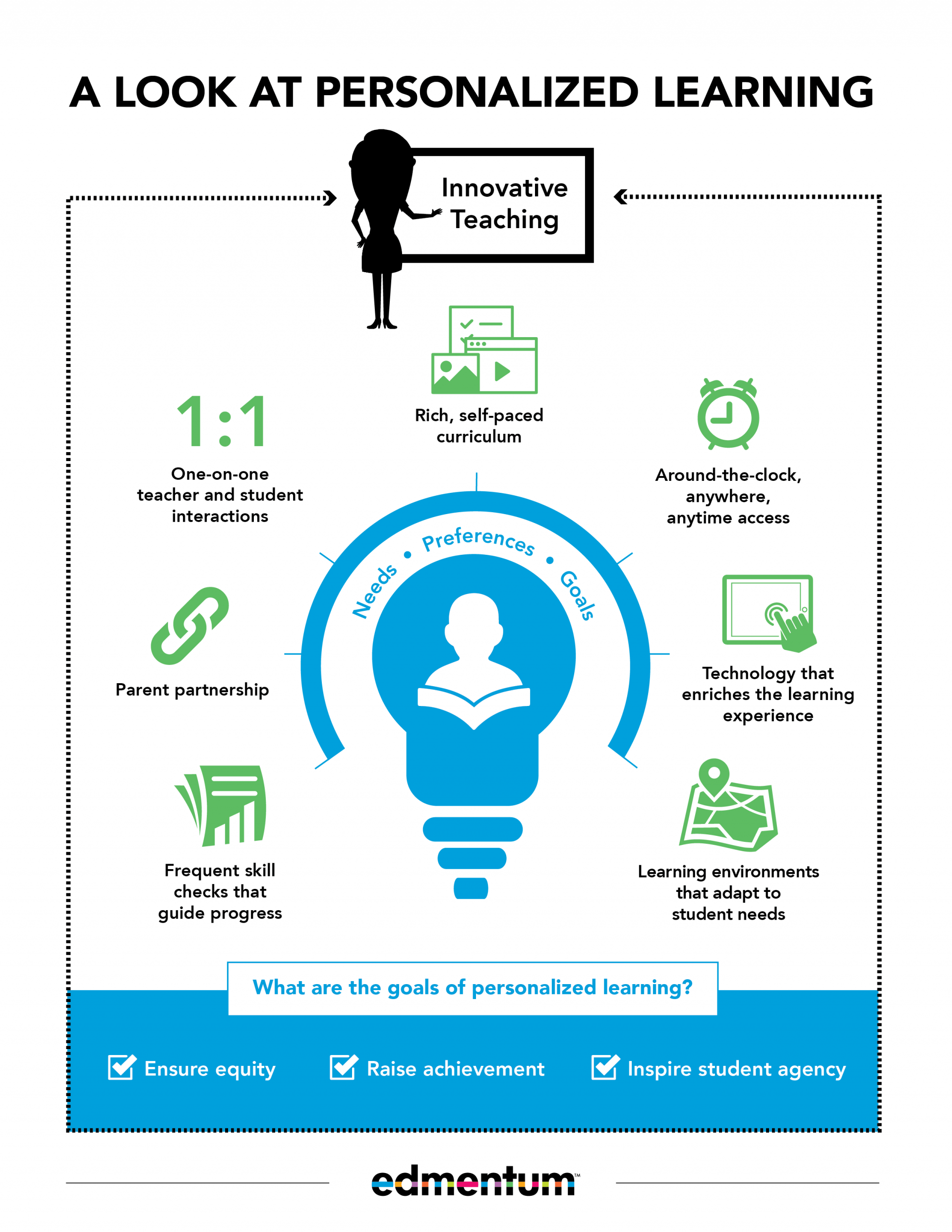Deep Learning for Personalized Learning Paths
In recent years, deep learning has emerged as a powerful tool for a variety of tasks, including natural language processing, computer vision, and speech recognition. As deep learning models have become more sophisticated, they have also become more capable of learning from large amounts of data and making accurate predictions. This has led to a growing interest in using deep learning for personalized learning, in which students are provided with tailored learning experiences that are tailored to their individual needs.

Personalized learning is not a new concept. In fact, it has been a goal of education for many years. However, traditional approaches to personalized learning have often been difficult to implement, due to the high cost of developing and delivering individualized learning materials. Deep learning offers the potential to make personalized learning more scalable and affordable, by providing a way to automatically generate personalized learning materials that are tailored to each student's individual needs.
There are a number of ways that deep learning can be used for personalized learning. One common approach is to use deep learning to create models that can predict a student's learning needs. These models can be trained on data such as student test scores, grades, and attendance records. Once a model has been trained, it can be used to generate personalized learning recommendations for each student.
Another approach to personalized learning is to use deep learning to create adaptive learning systems. These systems provide students with customized learning experiences that are tailored to their individual progress. Adaptive learning systems typically use a combination of deep learning and reinforcement learning to track a student's progress and adjust the difficulty of the learning materials accordingly.

Deep learning is also being used to develop new forms of educational games and simulations. These games and simulations can be used to engage students and provide them with a more interactive learning experience. Deep learning can also be used to create virtual tutors that can provide students with individualized feedback and guidance.
There are a number of challenges that need to be addressed in order to fully realize the potential of deep learning for personalized learning. One challenge is the need for large datasets of student data. In order to train accurate deep learning models, it is necessary to have large amounts of data on student performance. However, collecting this data can be a challenge, especially in schools with large student populations.
Another challenge is the need to develop effective ways of using deep learning to personalize learning. Deep learning models are powerful, but they can also be complex and difficult to interpret. This makes it difficult to ensure that deep learning models are being used in a way that is beneficial to students.

Despite these challenges, there is a great deal of potential for deep learning to improve personalized learning. Deep learning models can be used to create personalized learning experiences that are tailored to each student's individual needs. This can help students to learn more effectively and achieve their full potential.
Benefits of Deep Learning for Personalized Learning
There are a number of benefits of using deep learning for personalized learning. These benefits include:

- Increased scalability: Deep learning models can be trained on large datasets of student data, making them more scalable than traditional approaches to personalized learning.
- Improved accuracy: Deep learning models can learn complex relationships between student data and learning outcomes, which can lead to improved accuracy in predicting student needs and providing personalized learning recommendations.
- Adaptability: Deep learning models can be adapted to new students and learning environments, making them more adaptable than traditional approaches to personalized learning.
- Engagement: Deep learning can be used to create engaging and interactive learning experiences that can help to keep students motivated and engaged.
- Accessibility: Deep learning models can be used to deliver personalized learning experiences on a variety of devices, making them accessible to students from all backgrounds.
Challenges of Deep Learning for Personalized Learning
There are also a number of challenges associated with using deep learning for personalized learning. These challenges include:

- Data collection: Collecting large amounts of student data can be a challenge, especially in schools with large student populations.
- Interpretability: Deep learning models can be complex and difficult to interpret, which makes it difficult to ensure that they are being used in a way that is beneficial to students.
- Bias: Deep learning models can be biased against certain groups of students, such as students from minority backgrounds or students with disabilities.
- Cost: Deep learning models can be expensive to develop and deploy.
Conclusion
Deep learning offers the potential to revolutionize personalized learning. Deep learning models can be used to create personalized learning experiences that are tailored to each student's individual needs. This can help students to learn more effectively and achieve their full potential. However, there are also a number of challenges associated with using deep learning for personalized learning. These challenges include data collection, interpretability, bias, and cost. It is important to address these challenges in order to realize the full potential of deep learning for personalized learning.

**References
Post a Comment